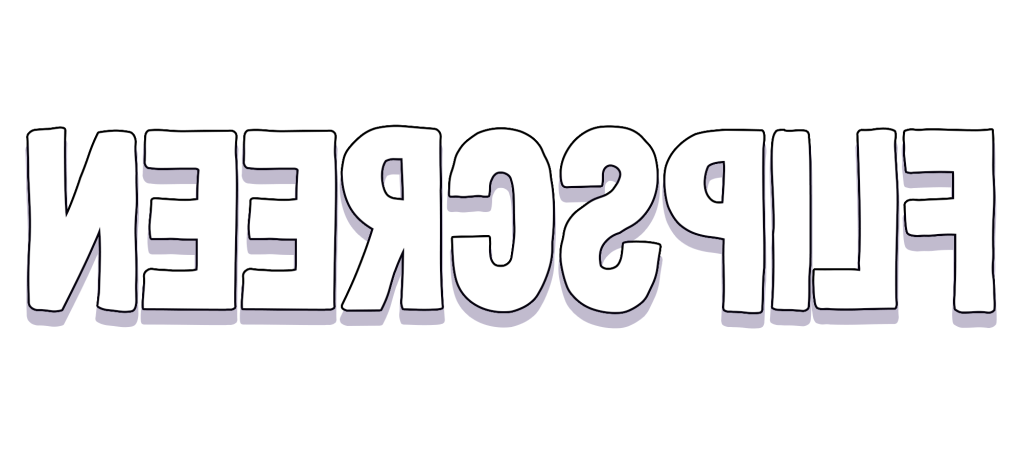“Poetic and intriguing but perhaps better suited for a gallery than a cinema”
Iorram (Boat Song) describes itself as a “lyrical portrait”, examining the lives and work of an Outer Hebridean fishing village and their intimate relationship with the sea. And truly, there are very few other ways to describe it. The film uses modern footage from around Barra and Uist (shot by director Alistair Cole), loosely cut together with archived audio from the islands’ Gaelic speaking residents, recorded between 1947 and 1975. Iorram is a piece of actual history presented as cinema. Or more accurately, as its subtitle suggests, as a piece of traditional poetry and song.
The real star of the film are its voice-overs. The sheer breadth and depth of the recordings, covering accounts of fishing, politics, warfare, folk-tale and superstition are both impressive and fascinating. That these are voices from the past, many of them recorded with old and scratchy technology gives them an ethereal other worldly quality. The fact that they’re recorded in Gaelic, one of many native languages that are sadly growing more uncommon, further adds to this effect. There is a strange magic and power in hearing first-hand accounts of events that are now only accessible through textbooks and archives. Stories of men leaving for war, or families being persecuted and evicted during the Highland Clearances have never been as affecting as when they’re told in the bitter and regretful voices of those who actually lived it.
The footage, meanwhile, is simple and gentle. Cole’s camera is a passive observer, watching the daily routine of those still working in the fishing industry. While the visuals may seem ordinary it is, once again, when the audio is placed on top that the main effect is achieved. It’s remarkable to hear stories of what life was like nearly one hundred years ago, played over images of more or less the same thing happening in modern day. The roles of the island’s residents, particularly the different jobs for men and women, seem to have remained largely unchanged. While nowadays the residents have modern technology to help them, the spirit of this community-run industry clearly still lives on. It gives a real weight to an industry many of us may take for granted. Fishing is not simply a living, but an entire culture and history which is ingrained in every aspect of the lives of those working within it. The film has such a strong sense of time that we find ourselves looking forward just as much as we are looking back. So that, even while it makes no mention of Brexit itself, it’s impossible to watch the film and not reflect on the damaging effect it’s having on the industry.
For this reason, Iorram should be described more as an art piece than a traditional documentary. It has a gentle rhythm, flowing through different aspects of fishing life, but with no strict structure. Each new section is like a song verse which creates a collage, rather than a clearly focused portrait. We are invited in to think, rather than presented with an established argument and point of view. It is likely, therefore, that Iorram will probably find its home as an installation rather than in a theatre. It has a beautiful traditional score from Aidan O’Rouke and the landscapes of its subject are naturally cinematic. However, it would have a more engaging effect if its audience were also able to drift in and out, allowing Iorram’s living history to gently wash over them.
Director: Alistair Cole
Producer: Adam Dawtrey & Alistair Cole
Release Date: March 2021
Header image courtesy of Tongue Tied Pictures


Leave a comment